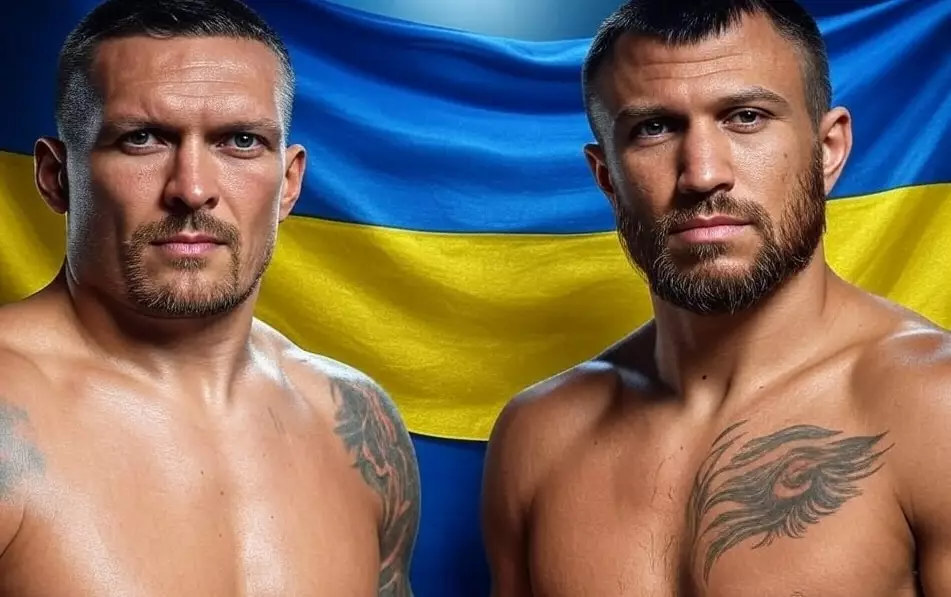Last week, the boxing world was shocked by the announcement of Vasiliy Lomachenko’s retirement at the age of 37. It’s not just an athlete stepping away from the ring; it’s an indelible hallmark of our times being left behind. Lomachenko, known for his unparalleled skills and insightful ring IQ, has set a precedent in the sport that will echo in the halls of boxing history. As tributes flooded in from every corner, one stood out—the heartfelt words from fellow Ukrainian champion Oleksandr Usyk, who aptly noted that Lomachenko “changed the game.”
A Trailblazer for a New Generation
Lomachenko’s career has been significant not only for his records but for the way he crafted a narrative around boxing that transcended simple athletic achievement. According to Usyk, Lomachenko’s journey was inspiring; his commitment and excellence have been beacon lights for countless aspiring boxers. His dual Olympic gold medals and a mere one loss in amateur competition are testaments to his extraordinary talent and work ethic. Such stats don’t just portray mastery; they tell a story of relentless pursuit and dedication in a sport notoriously difficult to dominate.
What sets Lomachenko apart is his extraordinary ability to turn boxing into an art form. Watching him in the ring often felt less like a sporting event and more like an intricate dance or a choreographed performance—each movement was calculated yet fluid. This artistry is what brought so many fans to appreciate boxing as more than just a sport; it turned it into a spectacle of human potential and creativity.
A Legacy Beyond Titles
While titles and accolades are often the tangible measures of an athlete’s success, Lomachenko’s real legacy might rest on his influence on future generations. His nearly 400 amateur victories showcase an ethos that goes beyond just winning; they reflect an innate understanding of the sport, transcending time and style. Historians will likely debate whether his professional accomplishments or his amateur skill set cement his legacy. However, the beauty of Lomachenko’s approach to boxing will be universally celebrated through time, inspiring not just fighters but any individual who strives for greatness.
Additionally, Lomachenko’s ability to “set a new standard,” as Usyk puts it, illustrates a paradigmatic shift in what it means to be a champion. Other athletes in the ring will inevitably find themselves measuring their skills not just against the opponents before them but against the benchmark that Lomachenko established—one characterized by tactical intelligence, grace, and unwavering resolve.
Filling the Void
Reflecting on Lomachenko’s retirement prompts deep questions about the future of boxing. Will anyone be able to reach the heights he established? His absence leaves a palpable void not only in the lightweight division but across the entire sport. Fans are left reminiscing about unforgettable matches that showcased his exquisite footwork, strategic genius, and that iconic shoulder roll. In time, questions will arise: What was your favorite Lomachenko fight? And as people vocalize their sentiments, they invariably confront an undeniable truth—Vasiliy Lomachenko’s influence will linger long after his gloves have been hung up for good.

